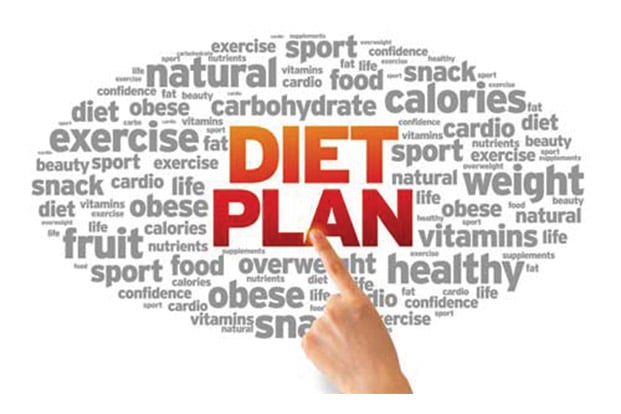10 Step Diet Plan for Dialysis
in Nutrition and Dietetics
Apr 19, 2022
Dialysis is a treatment in which metabolic wastes and excess fluid from the patient’s body is filtered or removed with the help of a machine. In this process the waste is removed from the blood and the process is called haemo dialysis. The process is also done though another medical process called the peritoneal dialysis in which the waste is removed from the peritoneal cavity.

Diet Plan Recommended For Dialysis:-
- Energy: – Dialysis patients need high calorie diet to compensate for high energy expenditure. Almost every patient who is on maintenance dialysis loses their body fat and experience a decrease in their skin fold thickness due to improper calorie intake. An intake of 35 to 40 kcal/kg/day for an adult up to 65 years, 30 to 35 kcal/kg/day for an adult more than 65 years and 100kcal or more per kg/day for children is recommended to meet body requirements and minimize tissue protein breakdown.
- Protein:-The requirement is increased due to losses in the dialysate. In dialysis 1.2 to 1.5gm/kg/day protein is required. Minimum 65-70% of the protein should be given from high biological value protein i.e. egg (white), milk, curd, chena, paneer, fish, chicken, rice, pulses, etc.
- Fat: – Lipid disorder is a common symptom in chronic kidney disease (CKD) and more prevalent in end stage renal disease (ESRD) population. Cardiovascular disease (CVD) is a major problem for patient undergoing dialysis. Approx 25 – 30% of total calorie comes through fat with higher amount of monounsaturated fatty acids (MUFA) & poly unsaturated fatty acids (PUFA).
- Carbohydrates: -It is one of the major sources of calorie for dialysis patient. Complex carbohydrates should be supplied in optimal levels to maintain calorie goals. Minimum 60 to 65% of total calorie come through carbohydrates.
- Sodium: – A daily intake of 1500 to 2500 mg (equivalent to 3 to 5 gms salt) may be permitted to control fluid retention and hypertension. It helps to prevent pulmonary oedema or congestive heart failure. Salty foods like pickles, chips, papad, kurkure, salty biscuits, etc should be avoided.
- Potassium: – A daily intake of 1500 to 2500 mg is prescribed to prevent hyperkalemia. A potassium accumulation easily causes cardiac arrhythmias or cardiac arrest. Potassium rich foods like green leafy vegetables, tomato, drumstick, soup, coconut water, raw fruits & vegetables may be avoided. Leaching of vegetables is recommended to reduce the sodium and potassium load on kidney.
- Phosphorus: – In renal failure, serum phosphorus level increases significantly which has several adverse consequences. Dietary phosphorus management is an important nutritional intervention. Maximum 700 mg of dietary phosphorus is recommended for dialysis patient. Dietary phosphorus rich foods like kidney bean (Rajmah), soyabeans, cheese, milk, chicken should be restricted.
- Vitamins & Minerals: – A daily supplements of water soluble vitamins and minerals are usually given as these are lost in the dialysate and thrown by leaching methods of cooking in pulses and vegetables.
- Fluids: – Fluid management is the most important and complex intervention in dialysis patient. Usually 400 to 500ml (basal losses) plus the urine output in 24hours is recommended.
- Oral Nutritional Supplements (ONS):- ONS are multi nutrient liquid/semisolid/powder products that provide macro nutrients and micro nutrients in optimal amount with the aim of increasing oral nutritional intake. Studies suggest that patients receiving ONS have less hospitalization rate and prolonged patient survival.







